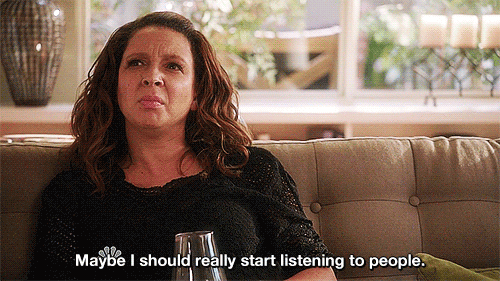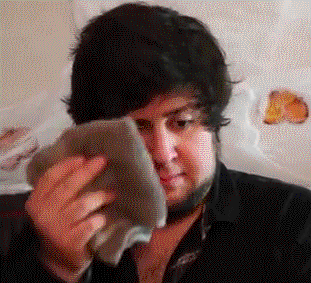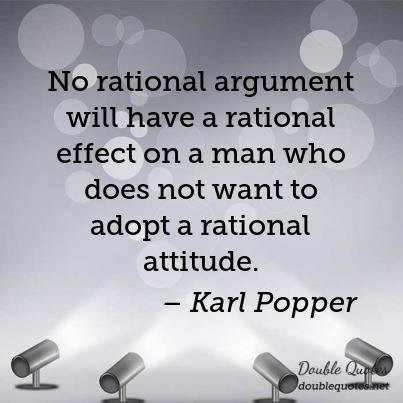The FORMULA to finding TRUTH
Analyzing statements is one of the major tasks of philosophy, because it helps us to think clearly and precisely, which is important because we cannot be free or have a democratic society if we have never learned to think clearly.
The scientists of today think deeply instead of clearly. One must be sane to think clearly, but one can think deeply and be quite insane.
Nikola Tesla
This is a question that is not asked very often, but all of us use words words all the time. We have conversations, write blogs, talk on the phone read newspapers, etc.
The meaning of words is important in philosophy. Even if we cannot define exactly what we mean by a word - and we often cannot - we need to be as precise as we can. This includes consciously being aware that we may well be using words that cannot be defined clearly. If we do not take the trouble to do this, we risk living in a language community (of whatever language) that eventually becomes meaningless.
Linguistic analysis:
Linguistic analysis claims that almost all philosophical problems can be dispensed with once their underlying linguistic basis is exposed. In other words, "linguistic analysis claims that if we fail to solve a problem no matter how hard we try, then we are dealing with a false problem, or, more likely, we are dealing with a meaningless set of words." (Rethinking our world, Juta, Philip Higgs&Jane Smith)
The following statements must be true:
- Two and two equals four.
- No bachelor is married.
- A woman is either either pregnant or not pregnant.
We do not have to check whether they are true. Statements that must be true (or false) are said to be true (or false) by definition.

Two British philosophers, Bertrand Russell (1872-1970) and A.J. Ayer (1910-1989) focused on three things as means of arriving at truth:
- logic
- linguistic meaning
- verifiable facts
They attempted to 'get to the bottom of reality' by closely analyzing how language worked and by closely analyzing what a 'fact' is.
Logic formalises deductions with rules precise enough to programme a computer to decide if an argument is valid.
For example:
All humans are mortals. Sam is a human. Therefore, Sam is mortal.
To arrive at the basic structure of truth, we can use a process that is facilitated by representing objects and relationships symbolically.
- We could use: h for the set of human; m for the set of mortal creatures and S for Sam.
- We use the symbolic expression x E y to say that object x is a member of category y
- Thus, we represent 'Sam is a human' by S E h
- We use the quantifier # to indicate that all objects satisfy some condition. For example: 'All humans are mortal' can be written as : # x E h ---> x E m . This reads that every x that has the property of being human must also have the property of being mortal.
- Then we restate the syllogism as follows: # x E h ---> x E m; and S E h therefore S E m . This reads that anything that is of the category x where x is a human, h, is also of the category mortal, m . Sam (S) is of the category x, which therefore means that Sam is mortal.
(Rethinking our world, Juta)
Phew, that took me an hour!

Any statement that is true or false by definition can be expressed in the form of symbolic logic.

Interesting. Followed! :)
We seem to be very well in tune on this topic so far =) Great to see more rational people in the world.
How about Critical Rationalism ?
That's Popper I think? I'm not entirely sure what in particular "critical rationalism" entails, so I better not make a statement until I've read up on it.
I mostly have the same perspective as Ayn Rand; Objectivism, rational self interest. Generally that doesn't sit quite right with what I have considered to be "rationalist" ideas, but "critical rationalism" could be an exception.
The "Critical rationalists focus on one thing: avoiding falsity." quote seems like a very simplified description of what being a critical rationalist means, so it may not actually be that different from my own ideas.
Karl Popper yes! You have homework to do, Lol.

Haha seems I do!
(just for the record, I have read Popper before lol but there's a lot to read and my focus has been elsewhere for a long time)
...mine too...
You had me until MATH. Haha, just kidding.
I've actually heard that mathematics is a more efficient way of communication than words. And it does make sense. It takes out any emotional attachment one might have to a word or phrase so the problem can be seen (in theory) subjectively. It's much "cleaner" than words as well.
If I didn't have some sort of weird mental block against all things math, I might actually prefer that method of communication.
Lol. But it's interesting though, although I don't think it's really possible to use it in every situation. Or maybe I'm just not on that cognitive level yet...haha
Haha, yea, me neither. I suppose it would be more along the lines of pictographic languages... but math-y.
To say that humans would be more efficient without emotions is like saying computers would be more efficient without electricity.
It depends on what emotions you're talking about, I guess.
A good read and tips to better analyse statements..thanks
Great Post, thank you very much for this insight 😊
Found your notice in Discord ;)